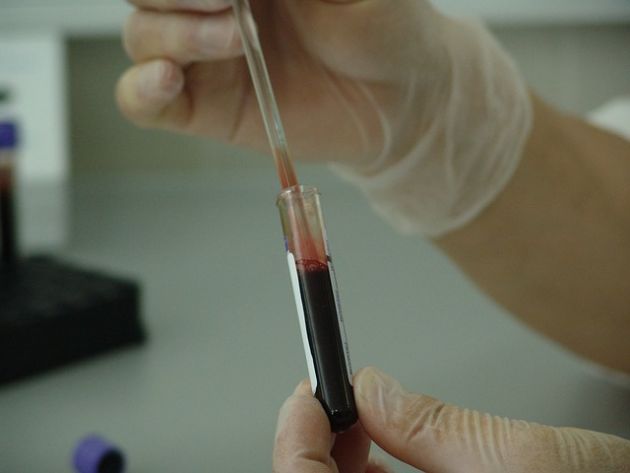Health news: One blood test could diagnose five types of cancer at once

Scientists identified a common genomic signature in the tumor DNA of five different kinds of cancer, which will help them develop one simple blood test that could diagnose a variety of cancer types before they get worsen.
The researchers discovered that there is consistent evidence of the aforementioned signature, which resulted from the modification of DNA called methylation, in tumors found in the colon, breast, lungs, stomach, and endometrium.
"Finding a distinctive methylation-based signature is like looking for a spruce tree in a pine forest," admitted biologist Laura Elnitski of the US National Human Genome Research Institute (NHGRI). "It's a technical challenge to identify, but we found an elevated methylation signature around the gene known as ZNF154 that is unique to tumors."
Elnitski's team already had a previous research in 2013 in which they detected methylation signatures around ZNF154. Building upon this initial finding, they were able to develop a series of methods to uncover the signature in the five kinds of tumors previously mentioned. They specifically used a technique called polymerase chain reaction to make multiple copies of the DNA they took from tumors and began analyzing the results.
"It's the first of its kind to apply to so many types of cancer," said Elnitski of the 2013 discovery they made.
As to the implication of the new research, NHGRI scientific director Dan Kastner said, "These findings could be an important step in developing a test to identify early cancers through a blood test."
The researchers, however, are yet to uncover the relationship between the tumors and the elevated methylation signature. They theorized that the said biomarker could possibly be an indication that the normal cell processes may be disrupted. It could also represent how the tumor grows in affected areas of the body.
The next step for the researchers is to see if the signature can be used to identify the deadly disease in blood samples of patients with breast, colon, pancreatic, bladder, and prostate cancers.
If successful, this could offer a medical solution that would detect cancer earlier and improve the survival rate of cancer-affected people.